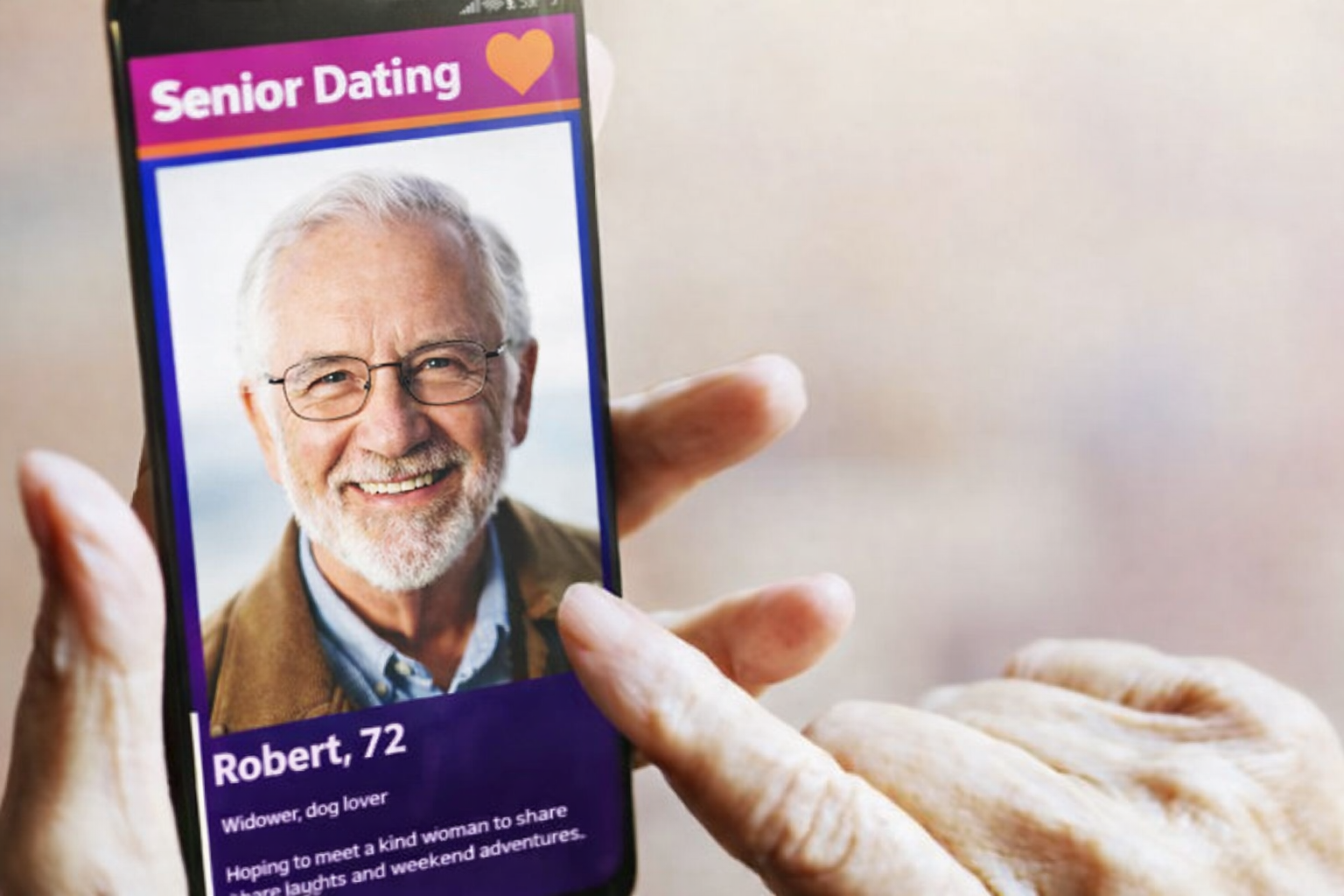How to Spot and Avoid Romance Scams

When a customer came into First State Bank in Gainesville, Texas, wanting to initiate a wire transfer to purchase bitcoin, Assistant Vice President and BSA Officer Rebecca Vaughn knew something wasn’t right. So she politely questioned the customer about why she was trying to buy cryptocurrency.
The woman had met a man online and had fallen in love, Vaughn says. He supposedly was a doctor working with the United Nations overseas and had asked the bank customer to buy bitcoin to help pay for him to return home to the U.S. The woman even showed Vaughn a photo of the man.
Vaughn quickly searched for the image online and discovered that it was tied to many different names. It confirmed Vaughn’s suspicion and proved to the customer that the person she had fallen in love with was actually a con artist.
Vaughn says scenarios like these are all too common. Reports of romance scams, as they are called, continue to climb year after year. In 2023, victims reported losing a staggering $1.14 billion to romance scams, according to the Federal Trade Commission. The median loss per person was $2,000—the highest reported loss of any imposter scam.
To avoid becoming a victim, it’s important to understand how romance scams work. Here’s how to spot these scams and what you can do to avoid them.
What is a romance scam?
Romance scammers create fake online identities and typically reach out to potential victims through dating websites and social media. They use flattery and tend to say all the right things to win victims’ affection. Then, they escalate the relationship quickly by professing their love and sometimes even proposing marriage.
Once scammers have gained their victims’ trust, they ask for money to help with a financial or medical crisis or to help pay for them to come visit in-person. Sometimes, they ask victims to help transfer money. Over the past year, romance scammers have increasingly asked to “invest” in cryptocurrency, according to the FTC.
Two things make these scams particularly dangerous.
They happen quietly: When scammers foster relationships entirely online, it’s easier for them to encourage victims to keep the relationship a secret and to isolate them from family or friends who might intervene.
Urgency: The money request is usually tied to some form of urgent need, with a story about why the purchase or transfer needs to happen “right now.” This false urgency, combined with emotions, can cloud the judgment of even savvy adults.
When scammers get what they ask for, they tend to stop communicating with victims. In some cases, though, they will ask again and again for money, conning victims out of hundreds of thousands of dollars or more (listen to this FBI interview of a victim who lost $2 million).
[ Read: Senior Scams and How to Avoid Them ]
How to spot romance scams
Vaughn at First State Bank goes above and beyond whenever she senses trouble, taking the time to help customers who have been targeted by scammers avoid becoming victims. However, not all banks have someone like Vaughn who steps in to protect customers. That’s why you need to be able to spot potential scams.
Romance scammers use all sorts of stories to con victims out of their money. However, there are several common threads among the tales they tell. Keep an eye out for these red flags that the person who seems like a love interest is really a con artist.
- They usually claim to be living or working overseas.
- They quickly escalate the relationship.
- They promise to meet in-person but come up with excuses not to meet.
- They claim that there is some sort of urgent problem or emergency and that they need money.
- They ask for funds to be sent by wire transfers, with gift cards or reloadable cards, or now with cryptocurrency. These forms of payment are hard to trace and almost impossible to reverse.
- They coach victims on what to say or ask them to stay on the phone with them when they go to their financial institution to transfer funds. Vaughn says that, in one case, the scammer asked one of her bank’s customers to keep her mobile phone on in her pocket when she went to the bank so he could listen to the conversation.
How to avoid romance scams
The best way to protect yourself from romance scams, Vaughn says, is to “never send money to someone you’ve never met in-person.” However, if you’re not sure whether someone is being sincere or trying to take advantage of you, there are several steps you can take to protect yourself from romance scams.
Be careful what you share online. Some scammers target specific people by learning about them from their social media posts then commenting on those posts or sending direct messages. The more details you share, the easier you make it for scammers to target you, according to the FBI.
Ask yourself whether the story you’re being told makes sense. For example, Vaughn says she asked the customer who thought her love interest was a doctor with the U.N. why such a large international organization wasn’t paying for the man’s travel costs to return home. The story simply didn’t sound legitimate.
Research the person’s photo online by going to images.google.com, clicking on the camera icon and pasting the image url or uploading the image from your computer to see what name or names are commonly associated with the image. If the search results reveal that several names are associated with the image, it’s a red flag.
Talk to someone you trust, such as a family member or a bank representative. Getting another opinion—especially that of someone in the financial services industry who is familiar with romance scams—can help you evaluate the situation before agreeing to the person’s request for money.
Get a second set of eyes on your finances. The risk of being financially exploited increases with age because the aging process impacts the ability to recognize risky financial situations, according to Dr. Nathan Spreng, professor of neurology and neurosurgery at McGill University. That’s why he recommends that older adults have a second set of eyes on their finances.
The Carefull service makes it safe and easy to give family members view-only access to your financial accounts. It provides account, credit and identity monitoring and will alert you if it spots something unusual. You can add family members as Trusted Contacts so that they can see your linked accounts (but not make transactions) and get alerts.
What to do if you are a victim of a romance scam
Contact your bank if you paid a scammer with your debit card or transferred money to ask that the transaction be reversed. If you wired money, notify the wire transfer company that it was a fraudulent transaction and ask for your money back. If you paid with a gift card or reloadable card, contact the card company to see if you can get a refund, according to the FTC.
If you provided scammers with personal information such as your Social Security number, take steps to protect your identity. IdentityTheft.gov has details on how to recover from identity theft.
Also, report the scam to the FTC at http://www.reportfraud.ftc.gov/, and file a complaint with the FBI’s Internet Crime Complaint Center (IC3). There’s no guarantee you will get your money back. But by reporting the crime, you might help authorities catch the scammers.
[ Keep Reading: How Your Risk of Financial Exploitation Increases as You Age ]

3 Steps to Safer Money,
Try it Free for 30 Days
Step 1
Start your free,
no-risk trial
Step 2
Connect the accounts and cards you want protected
Step 3
Stay alerted to any
unusual activity



.png)



